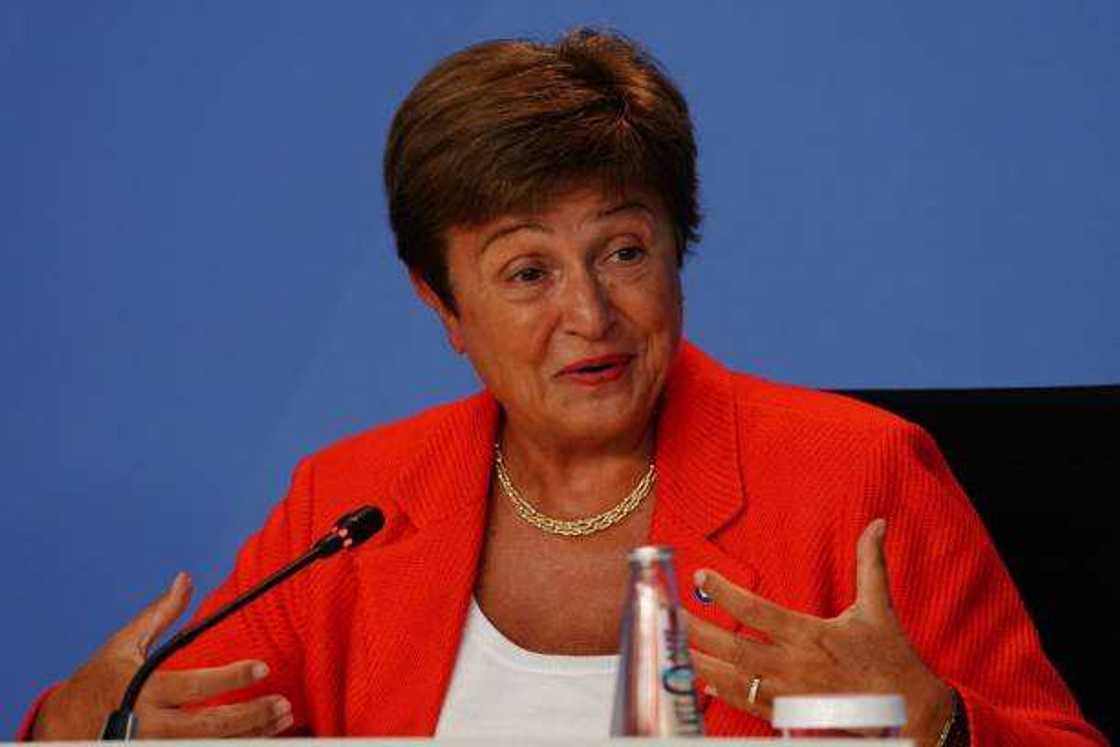IMF Raises Concern on Nigeria's 2022 Fiscal Year, Warns Trouble Ahead over Debt Servicing, Weak Revenue
- The International Monetary Fund (IMF) has sent a crucial message to Nigerians on government debt servicing and revenue generation
- According to IMF, the administration of President Muhammadu Buhari will spend most of its revenue on debt servicing
- It also noted that the debt servicing outlay will be big trouble and since there won't be enough, more borrowings should be expected
The International Monetary Fund (IMF) has said the Federal Government could spend as much as 92.6 per cent of its revenue on debt servicing this year.
This is a significant increase from the 85.5 per cent debt servicing-to-revenue ratio it projected in 2020, The Guardian reports.
IMF projection is contained in its 2021 Article IV, which was released on Monday, 7 February 2022.

Source: Getty Images
According to the IMF, Nigeria's public debt would rise by 117.8 percent year on year in 2022, while inflation will rise at a 14.3 percent annual pace.
PAY ATTENTION: Join Legit.ng Telegram channel! Never miss important updates!
It also anticipates that the country's income and grants would be limited to 7% of overall output this year.
The rate last year was anticipated to be 7.4 percent, which is significantly higher than the 6.3 percent obtained in 2020.
Part of the report reads:
“Economy is recovering from a historic downturn benefitting from government policy support, rising oil prices and international financial assistance.”
Nigeria’s capacity to repay the Fund is adequate addressing data gaps to allow timely and clear assessments of reserve adequacy is important. But higher debt service to government revenues (through higher US interest rates and/or increased borrowing) pose risks for fiscal sustainability.
The IMF also stated that insecurity and a lack of COVID-19 vaccination were significant obstacles impeding the country's economic progress, emphasizing that "worsening violence and instability might also undermine the recovery."
IMF warns CBN against the adoption of the national cryptocurrency
Meanwhile, Legit.ng had previously reported that the IMF warned against countries adopting cryptocurrency as the Central Bank of Nigeria (CBN) launched its own digital currency.
It was reported that the IMF said any country that adopts crypto assets as the national currency would have economic challenges.
The IMF stated that the decision will cut government-generated revenue and have an adverse effect on macroeconomic, while domestic prices could become unstable due to widespread adoption.
Source: Legit.ng


